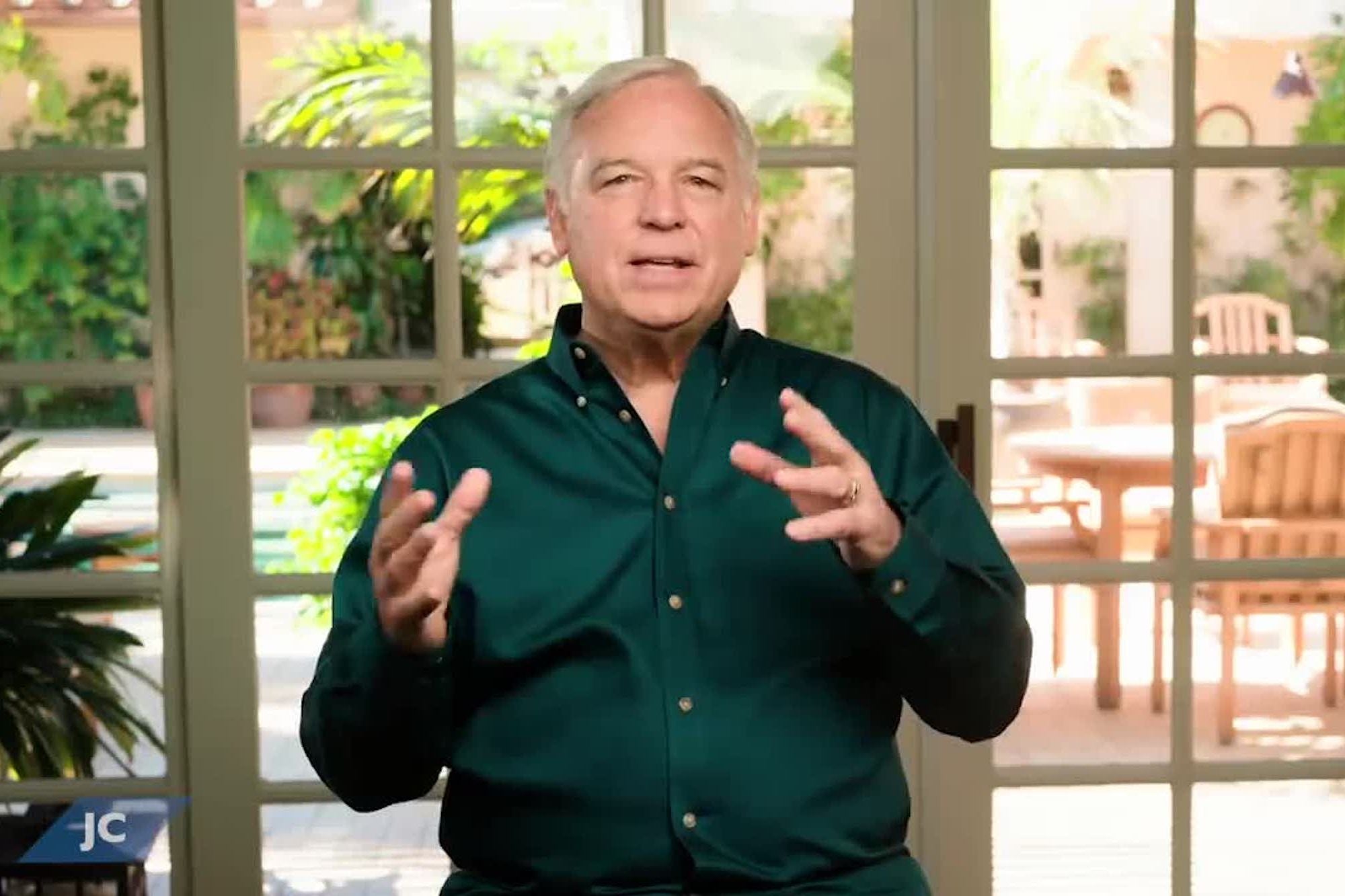Finding Value In A Recession: Thoughts On The "Crypto Winter" The economic conditions are not ideal, but history has shown us that "bear markets" are also "build markets."
By Dina Sam'an
Opinions expressed by Entrepreneur contributors are their own.
You're reading Entrepreneur Middle East, an international franchise of Entrepreneur Media.

It's official- we are in a "crypto winter."
Every four years, the market goes through bull and bear cycles. We think it might be different "this time," but apparently, it's not. This is Bitcoin's fourth cycle. In 2012, prices dropped around 90%, and then in 2015 and 2019, it dropped over 80%. In this cycle, we are currently at a 70% drawdown from the all-time high price. So for Bitcoin, this is business as usual. However, this is the first time crypto has experienced an economic recession.
Bitcoin, the world's first cryptocurrency, was born out of the wreckage of the 2008/2009 financial crisis. In fact, on Bitcoin's genesis block (its first block), Satoshi Nakamoto engraved the following line: "The Times 03/Jan/2009 Chancellor on brink of second bailout for banks." The headline, forever engraved on the Bitcoin blockchain, serves as a reminder that Bitcoin was created in response to irresponsible central bank money printing. If the money printing during the last economic crisis was the appetizer, the money printing during the COVID-19 crisis was the main course.
In response to the COVID-19 pandemic, central bankers across the world increased the money supply at an unprecedented rate. This massive capital injection drove the US stock market to all-time highs at a time when the economy was at a complete standstill, and we were all locked down at home! Now, the US Federal Reserve is stuck between a rock and a hard place. After increasing the M2 money supply by 40% in response to COVID-19, inflation is at its highest level in 40 years.
Related: How Decentralized Finance Supports Dubai's Growing Crypto Economy
A recent article in the Financial Times showed the number of emerging and developed economies experiencing inflation of 5% or more is skyrocketing. To reduce inflation, the Fed cannot increase supply, so they have to reduce demand. Reducing demand means a recession. If we look at some leading blue-chip stocks, the last six months have seen Shopify stock lose 75% of its value, Netflix is down over 70%, Meta is down 50%, and Tesla and Amazon are down 40%. The list goes on and on. Yet, through this bear market, Bitcoin remains the best-performing asset in the world since the COVID-19 pandemic, growing by over 300%.
Historically, however, a surprising number of successful businesses were launched during a recession. Consider Uber and Airbnb. Both companies were launched during the last recession in 2008/2009. Go back a little further, and you'll find plenty more examples. Apple, Slack, WhatsApp, Pinterest, General Motors, IBM, Groupon, Instagram, and many more were launched during economic recessions. Whatever the sector, history clearly demonstrates that adverse market conditions are not a barrier to innovation. Even Disney was launched in 1929, the year of the Great Depression!
In contrast, bull market startups tend to see their valuations rise rapidly, enabling them to expand operations at an equally brisk pace. When –inevitably– a market downturn does occur, these are the firms that must resort to extreme measures like mass layoffs or seeking bailouts. As a startup, we at CoinMENA need to adapt to the new realities of the market. Our goal remains to grow our user base and continue to develop new products that enhance our users' experience. We are particularly excited about our recently obtained provisional license from Dubai's Virtual Assets Regulatory Authority, as it gives our users and investors regulatory clarity, which is extremely important for our long-term plans.
The economic conditions are not ideal, but history has shown us that "bear markets" are also "build markets." It is still very early days for crypto as an industry, and there is a lot of value to be captured. I'm convinced that those who survive these turbulent times will emerge stronger than ever.
Related: Entrepreneur Middle East Publishes A Special Report Looking Into The Crypto Universe













